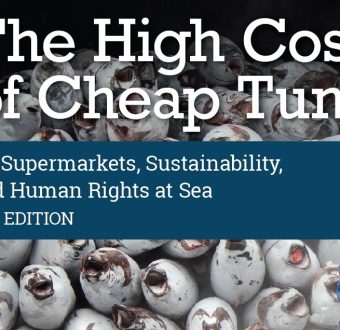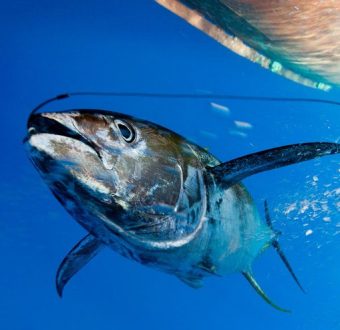Dr. Janet Cotter of the of the Greenpeace International Science Unit, said:
“MAS is an innovative biotechnology that looks to the future but is already making a positive impact on farmers’ lives today, helping them to manage a number of different challenges. This is the kind of technology that can bridge the gap between the farmer’s knowledge and scientist’s approach and make the best out of both perspectives.”
The Greenpeace report ‘Smart Breeding: the next generation’ reviews the growing and diverse traits MAS is bringing to different crops across continents. The case studies include:
-
dealing with biological stresses – such as viruses, fungi, bacteria, weeds and insects;
-
dealing with physical and chemical stresses – such as drought, salinity, or flooding;
-
enhancing concentration of micronutrients in crops;
-
obtaining higher quality grains.
Currently, MAS is being used for farmers in China, India and Indonesia to deal with rice bacterial leaf blight, in Nigeria and Tanzania to provide cassava the needed resistance to African mosaic virus; and North American farmers to get fungal resistance to wheat.
“Compared to MAS, genetic engineering (GE) is an old-fashioned technology that despite the PR noise has not delivered on its promises. Take GE ‘Golden’ rice for example: after over 20 years of research the project is still at the research stage because of its poor agronomic performance1”, Cotter added.
Greenpeace demands that governments, companies and philanthropists invest in supporting more ecological farming practices and innovative technologies like MAS, which could contribute to the shift towards an ecological farming model that feeds people healthy food in a changing climate without damaging the environment.
Notes:
(1) http://irri.org/golden-rice/faqs/what-is-the-status-of-the-golden-rice-project-coordinated-by-irri
(2) The report ‘Smart Breeding: the next generation’ is available at http://www.greenpeace.org/smartbreeding2014/
Contact:
Greenpeace International Press Desk: +31 (0) 20 718 24 70 or [email protected]

